Charitable Traveller talks to Claudia Rodriguez, area commercial director, about Dreams Tulum Resort, and its relationship with the Tulum Foundation.
What is the Tulum Foundation?
The Tulum Foundation was launched by the owners of Dreams Tulum Resort & Spa in 2006 with the goal of supporting local children and protecting the Mayan culture throughout the local community.
The Tulum Foundation provides a well-rounded array of services including scholarships for students to attend collegiate-level courses and helps support the preservation of Tulum’s surrounding ecosystem. Evolving over time, the Foundation also provides health assistance, such as basic medical and dental care, and also created a mobile library to promote literary arts throughout the community.
Who created the Tulum Foundation
Seeing a need to support the culture of the Mayan people throughout Tulum during the spike in tourism, the owner of Dreams Tulum Resort & Spa, Maria Rosa Sandretto, established the Foundation in 2006. The non-profit was developed to not only preserve the culture of the Mayan people but also promote and cultivate the skillset of colleagues and local members of the community while promoting art and culture throughout the destination.
The work that the Foundation has done under Maria’s guidance has positively impacted all facets of the community. The resort is based on the edge of Tulum National Park, so the social and environmental responsibility is something the resort and the Foundation take seriously.
Alongside the good work of the Tulum Foundation, what other sustainable measures does Dreams Tulum have in place?
Dreams Tulum Resort & Spa, part of Hyatt’s Inclusive Collection, is only one of two resorts in Quintana Roo to be recognised as a green hotel. The resort takes this responsibility seriously, and this prestigious recognition is a direct reflection of the efforts this resort has made to prioritise the community and the environment within its operating model.
What does this mean for guests staying at the Dreams Tulum Resort?
Reflective of Hyatt’s World of Care philosophy, guests of Dreams Tulum Resort & Spa can book with confidence knowing that every aspect of their stay has been well thought out. From the front desk to housekeeping to the food & beverage department, everyone is doing all they can to not only make sure that the guest experience is a memorable one but minimise the environmental impact as well. In addition to the efforts of Dreams Tulum Resort & Spa colleagues, guests can also take part in Foundation efforts. For example, guests have an opportunity to visit Foundation-supported schools, which provides an opportunity for guests to give back to the local community and has become increasingly popular in recent years.
How is the Tulum Foundation funded?
There are several ways colleagues, guests and members of the community can get involved. Guests can donate to the Foundation by visiting select areas throughout the resort or through the Foundation’s website, fundaciontulum.org. For those looking to bring supplies during an upcoming stay, guests can reach out to the resort directly and obtain a list of current needs, in advance of travel.



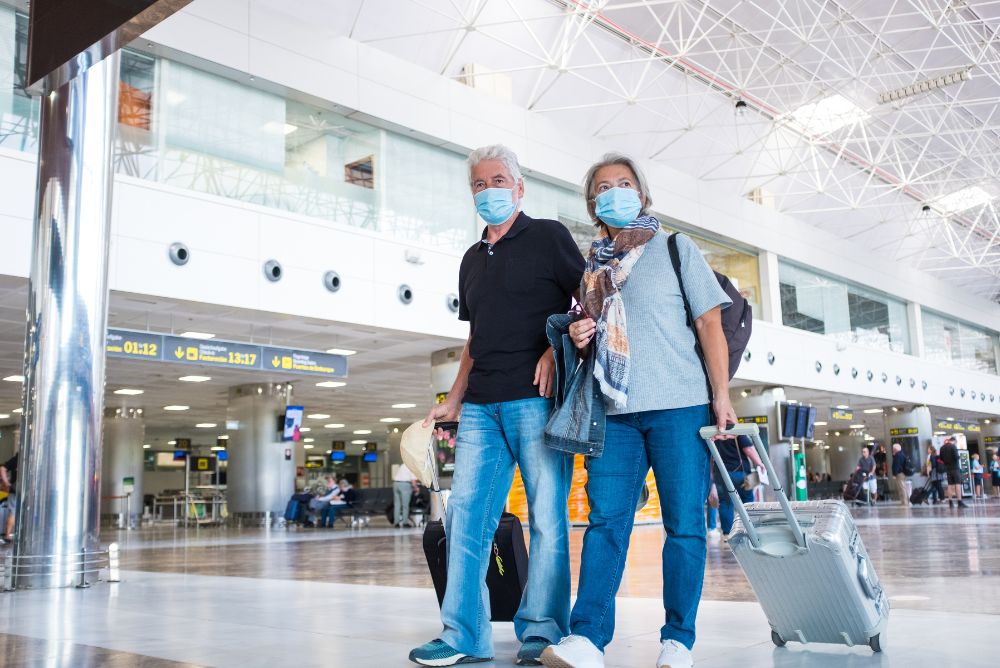
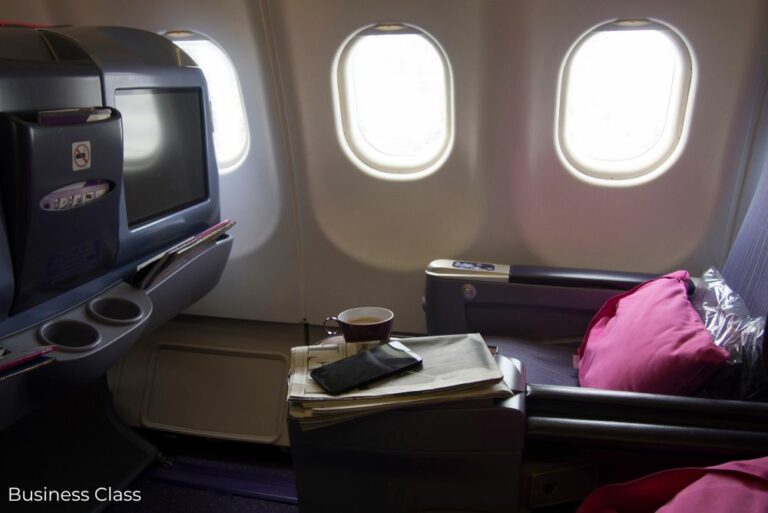
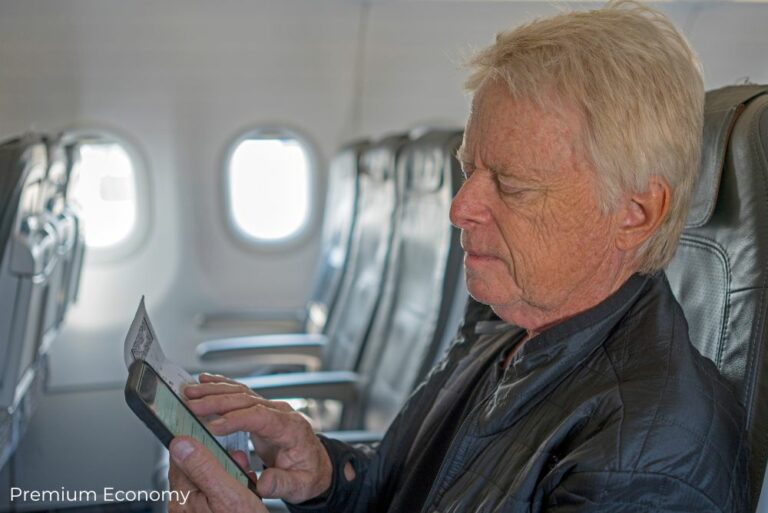
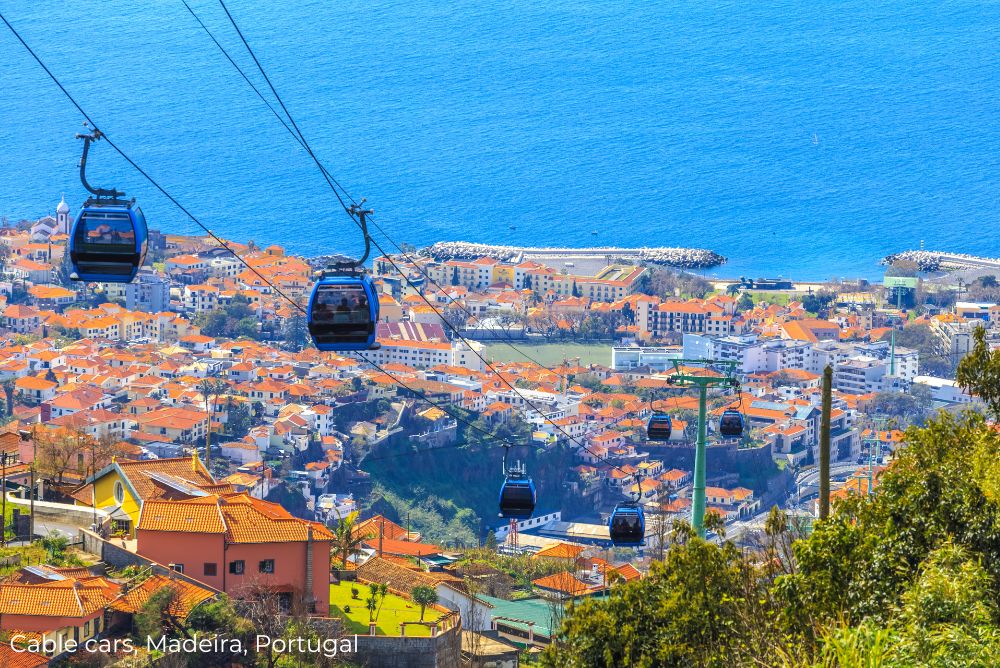
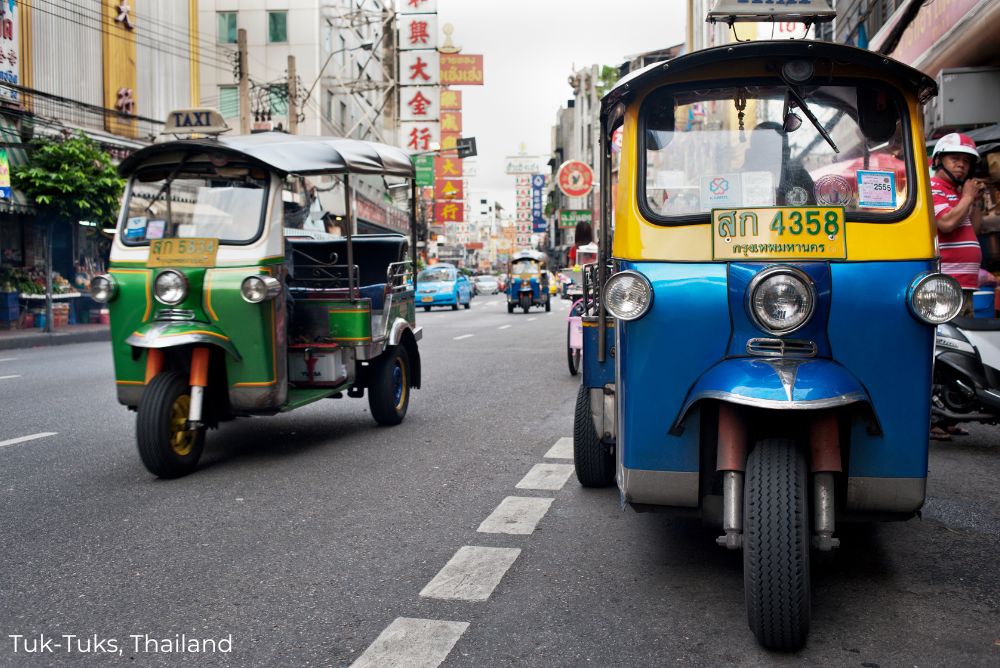
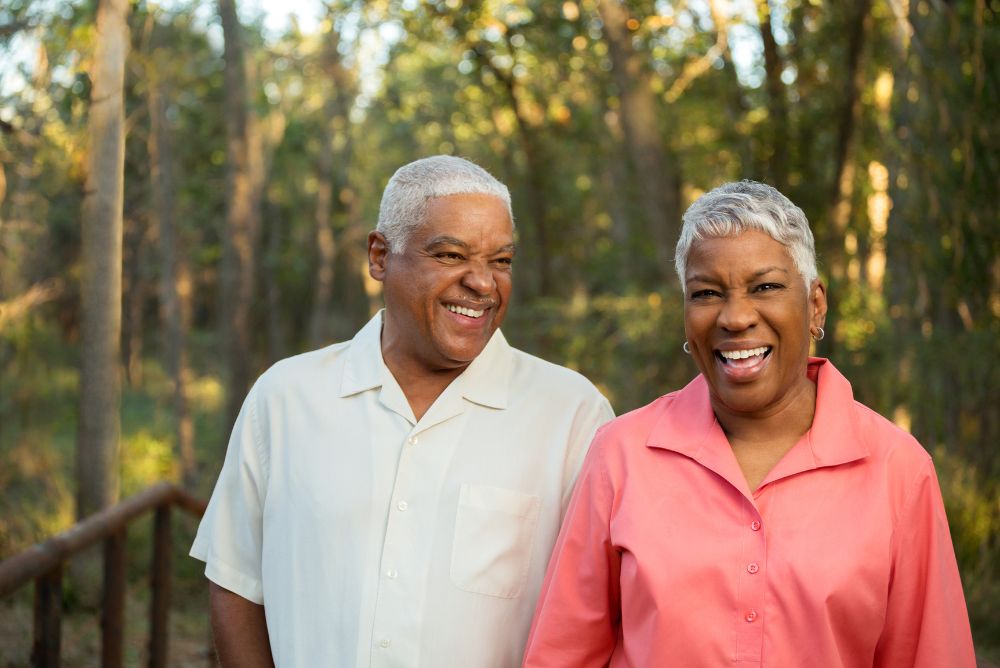
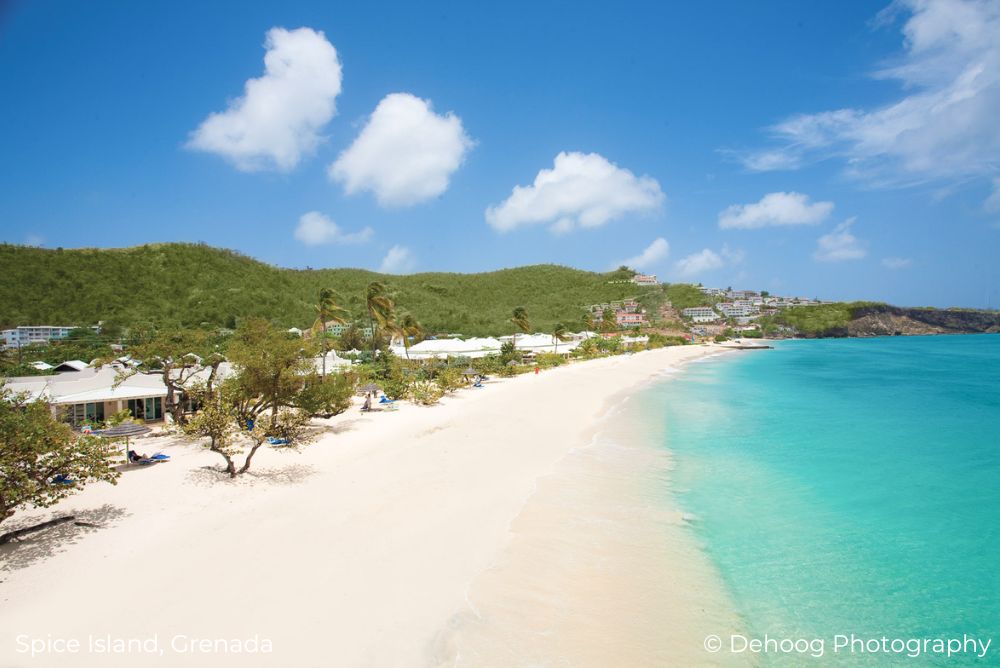
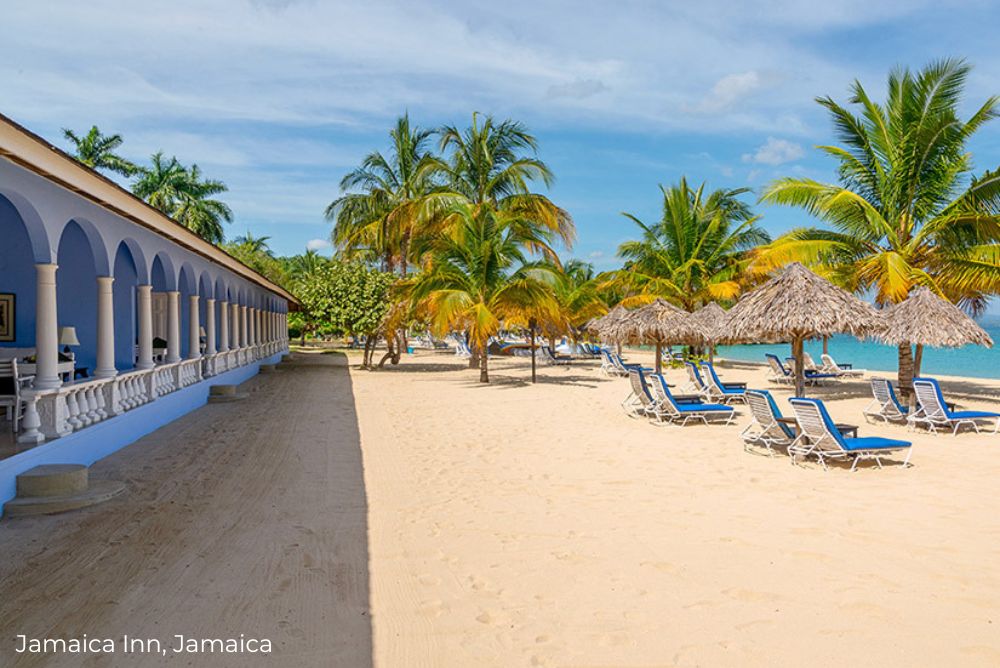
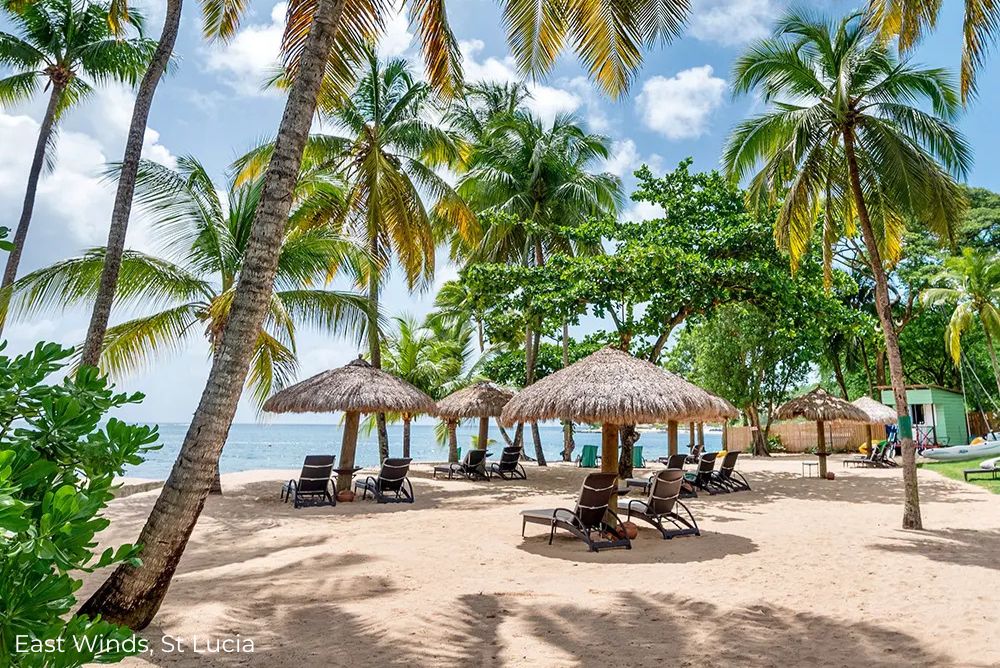
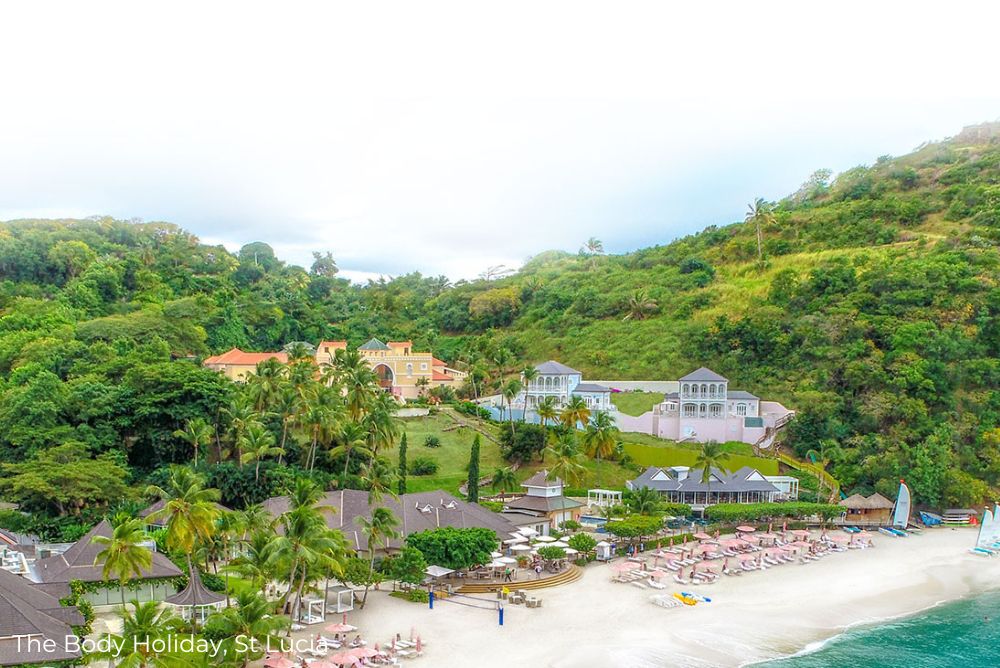
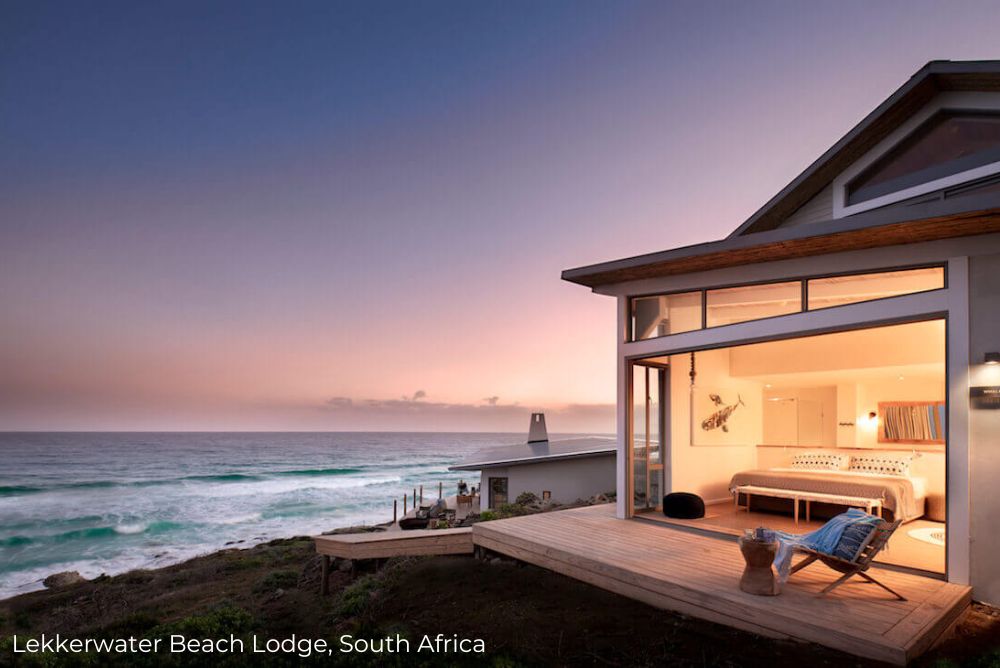
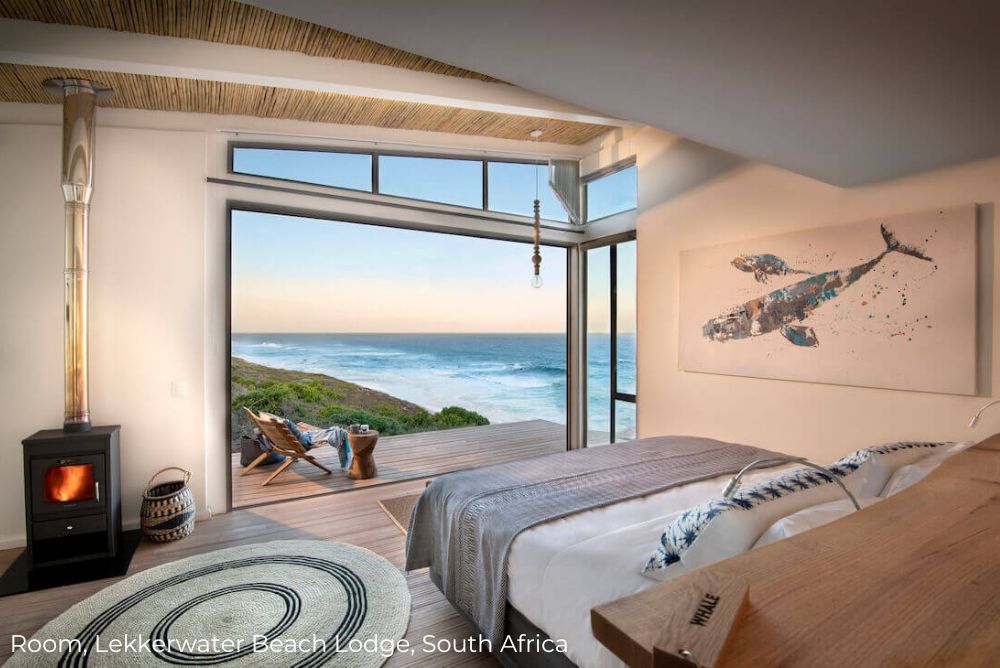
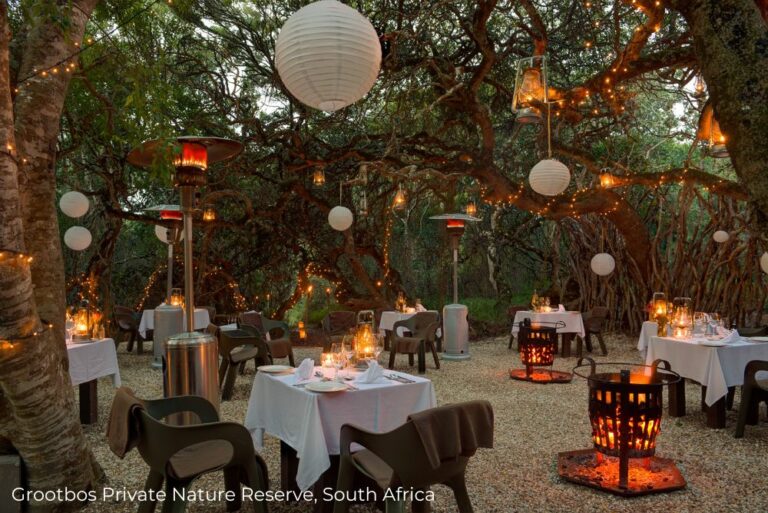
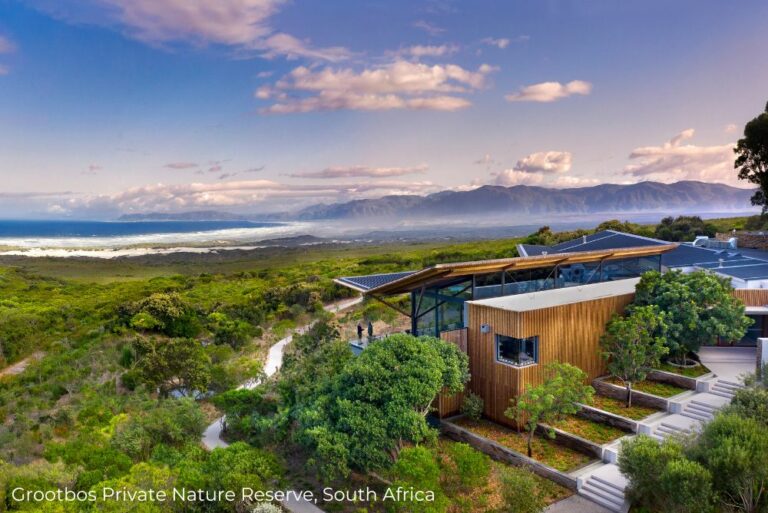
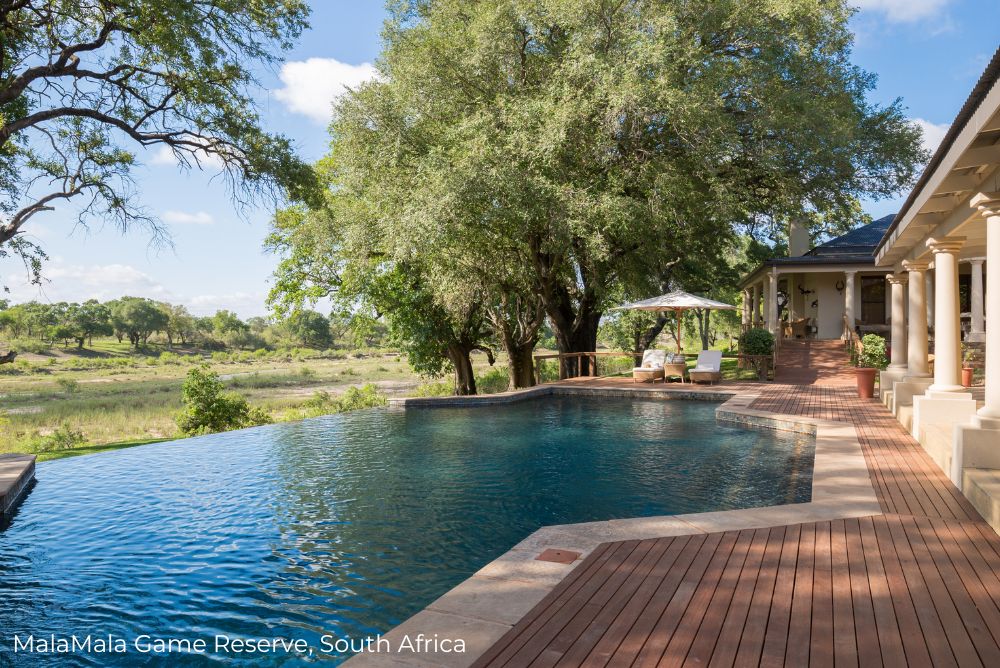
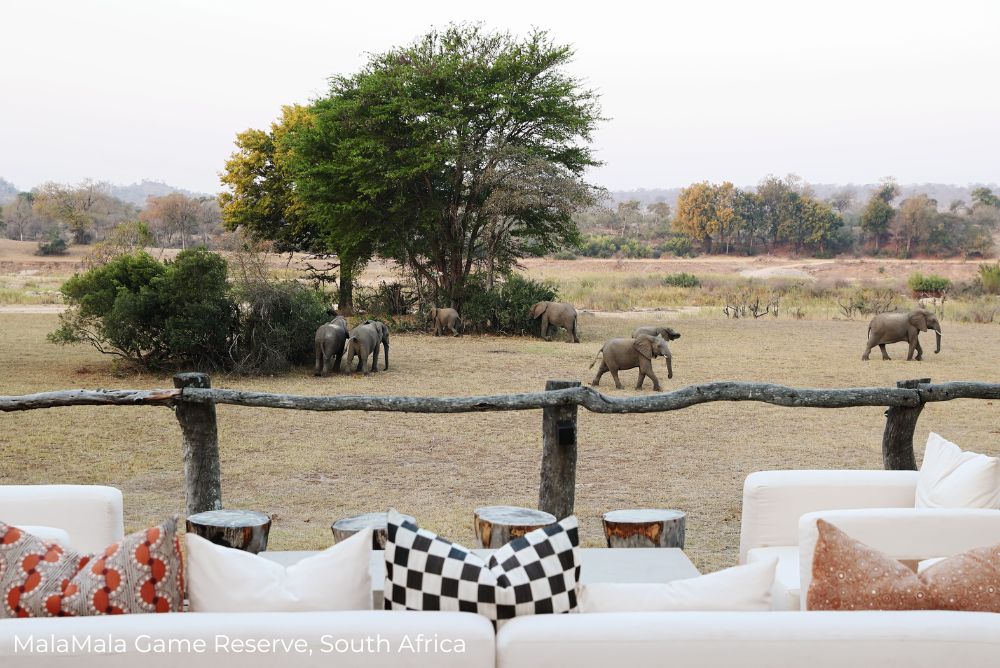
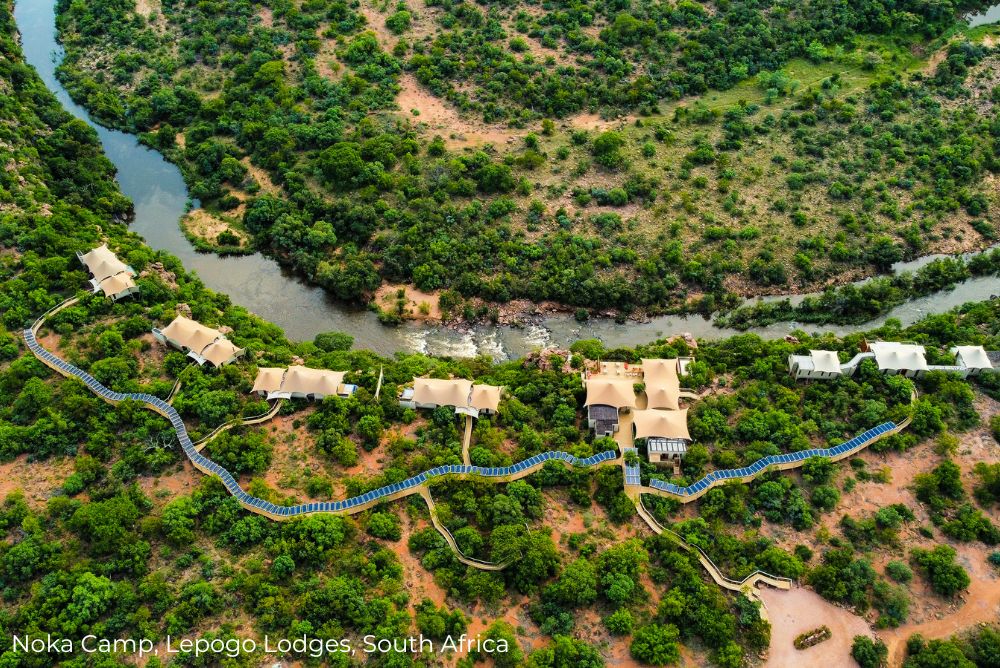
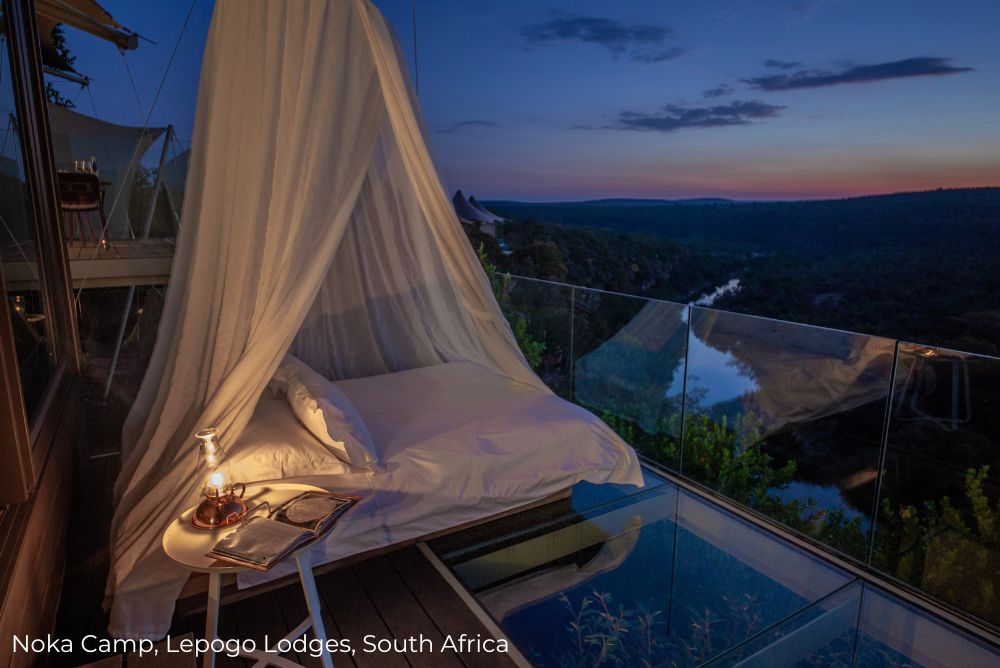
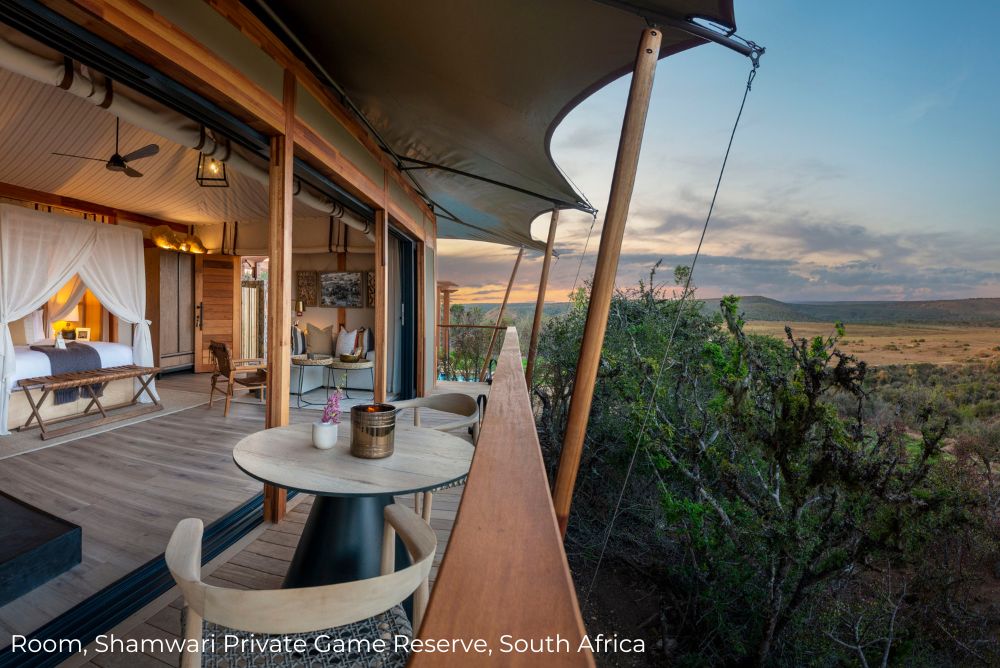
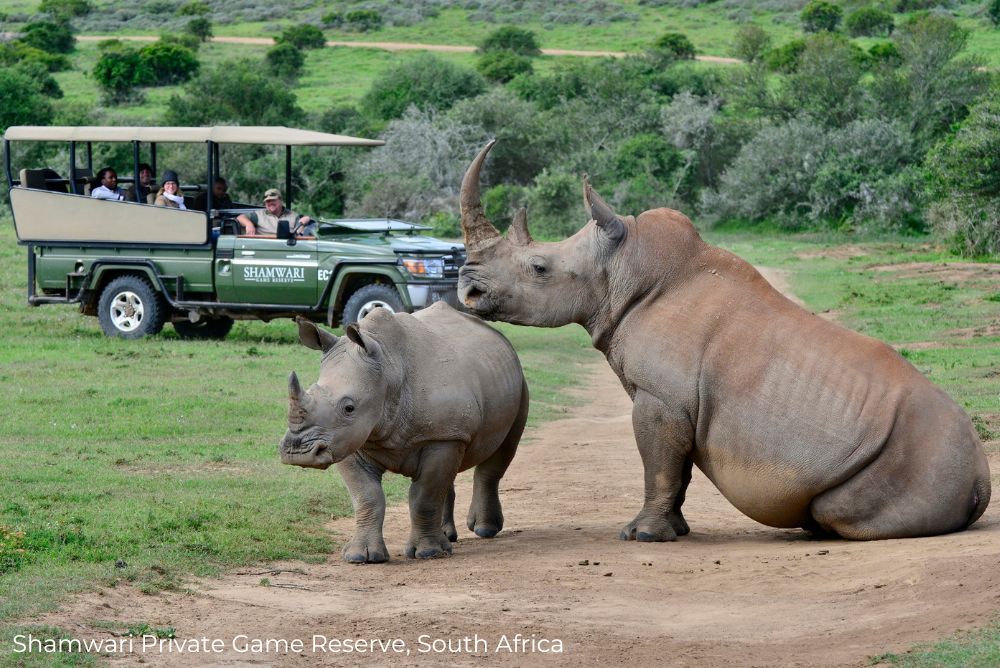
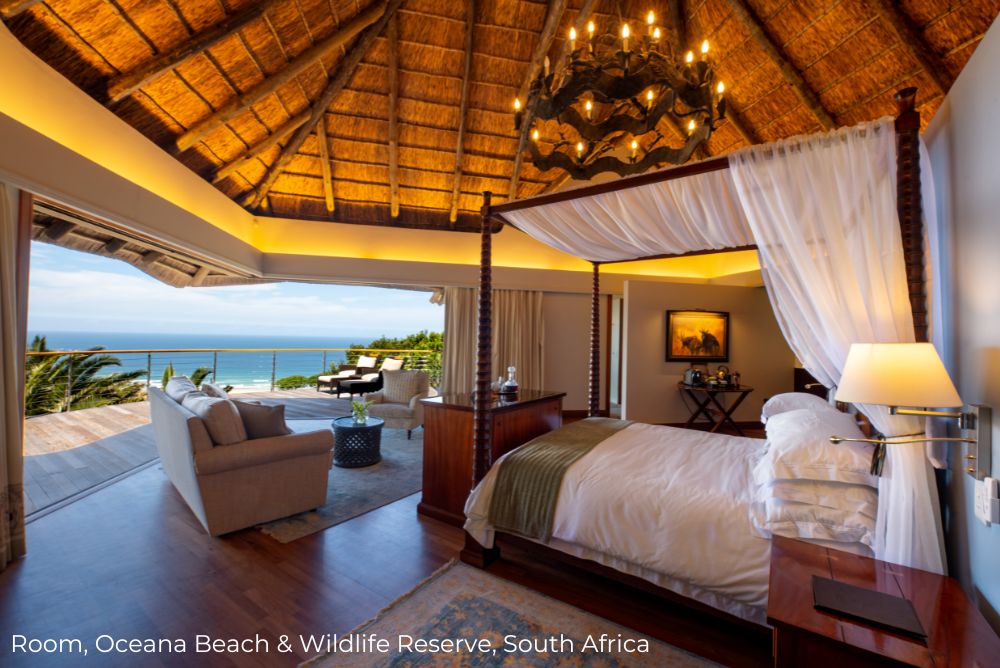
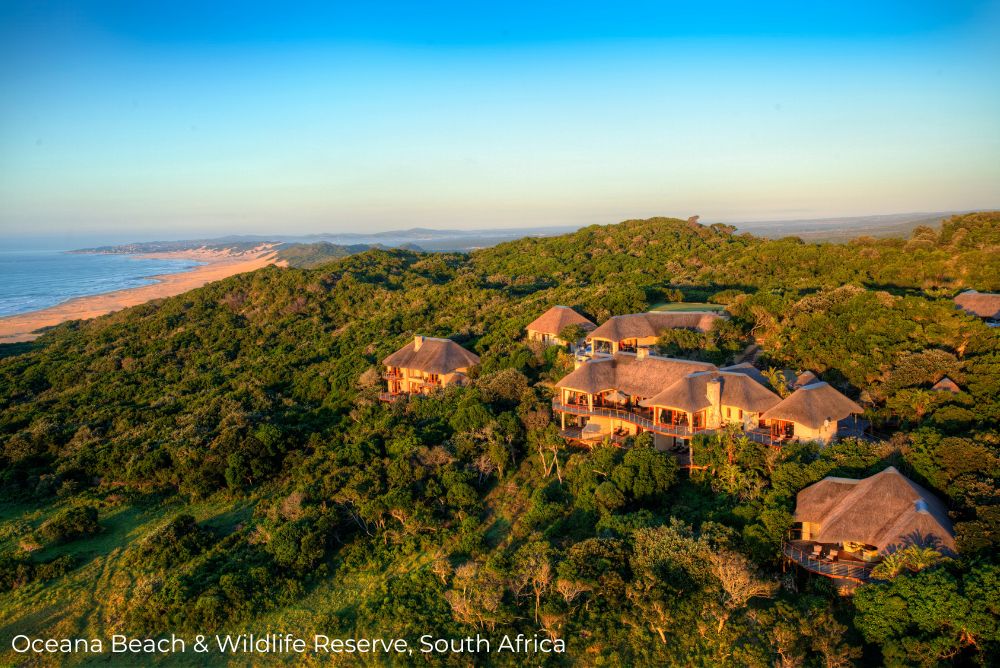
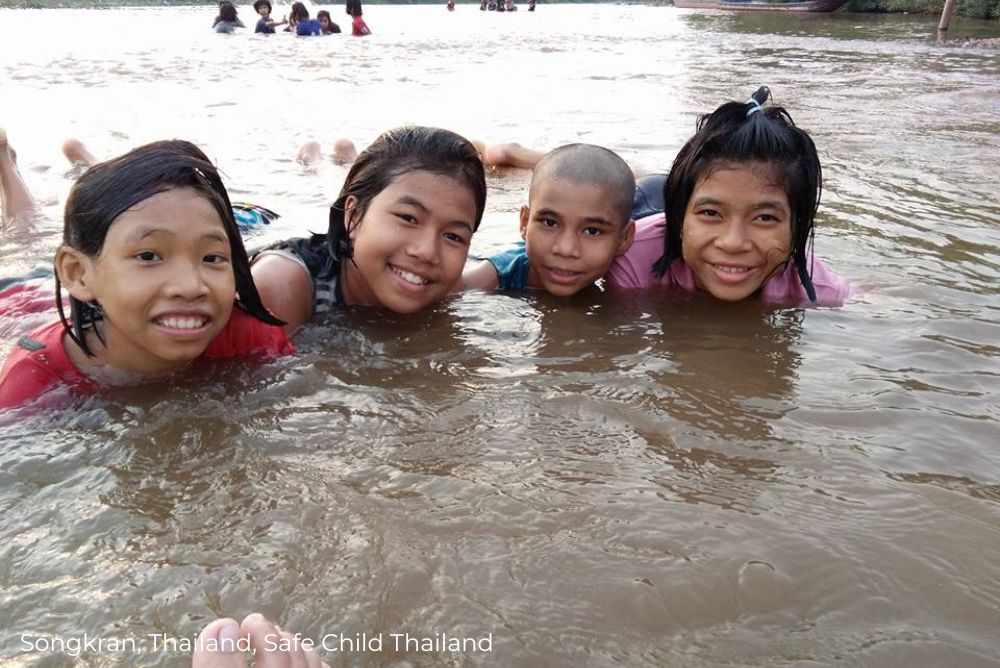
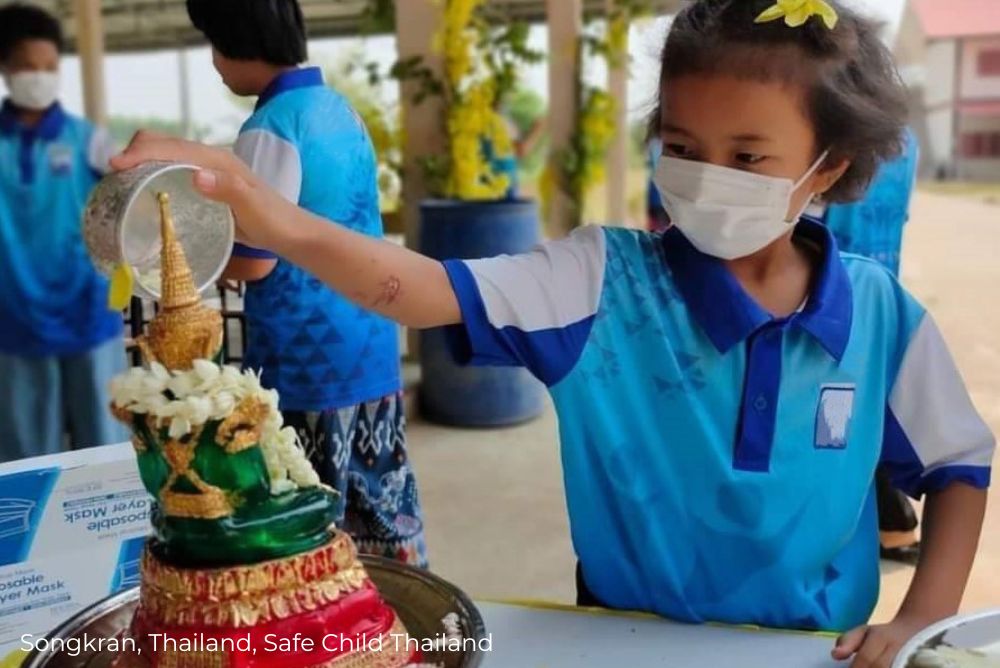
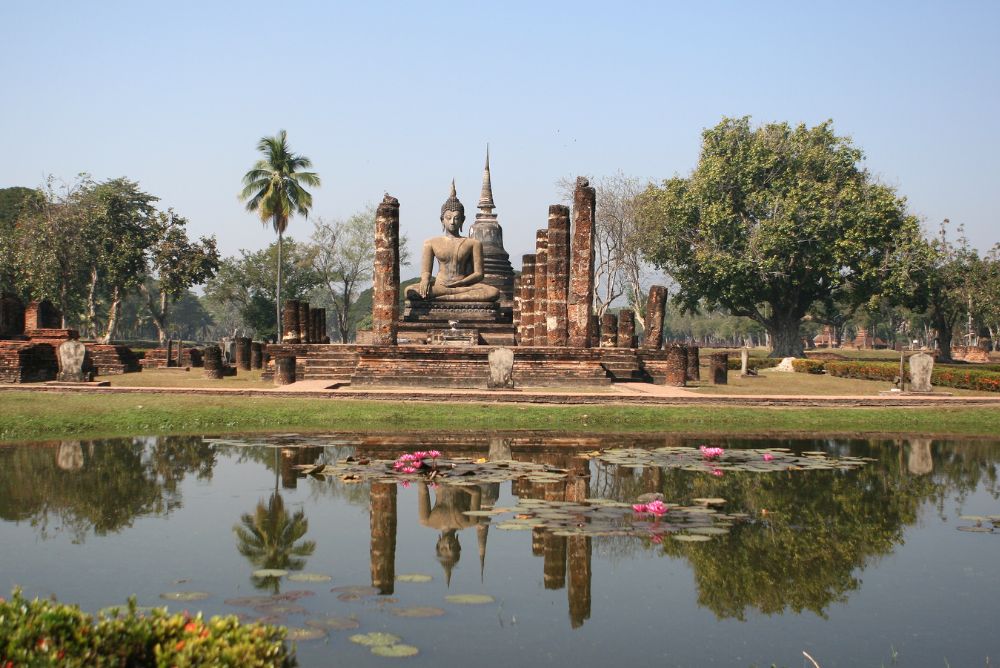






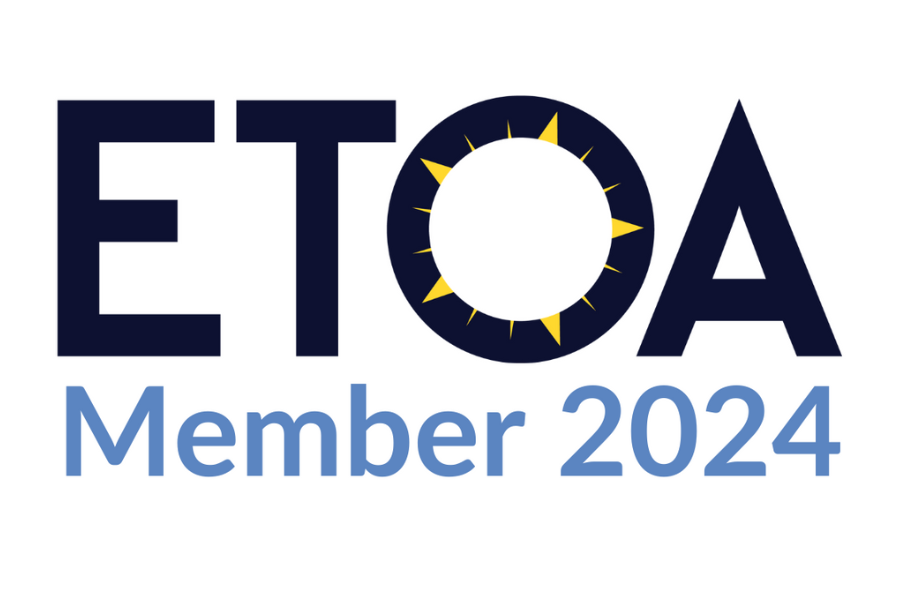
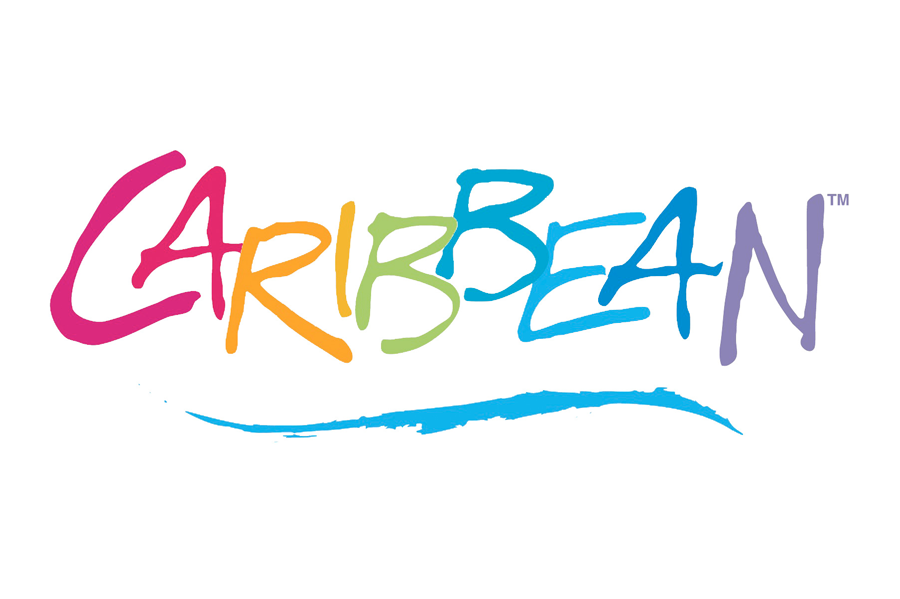
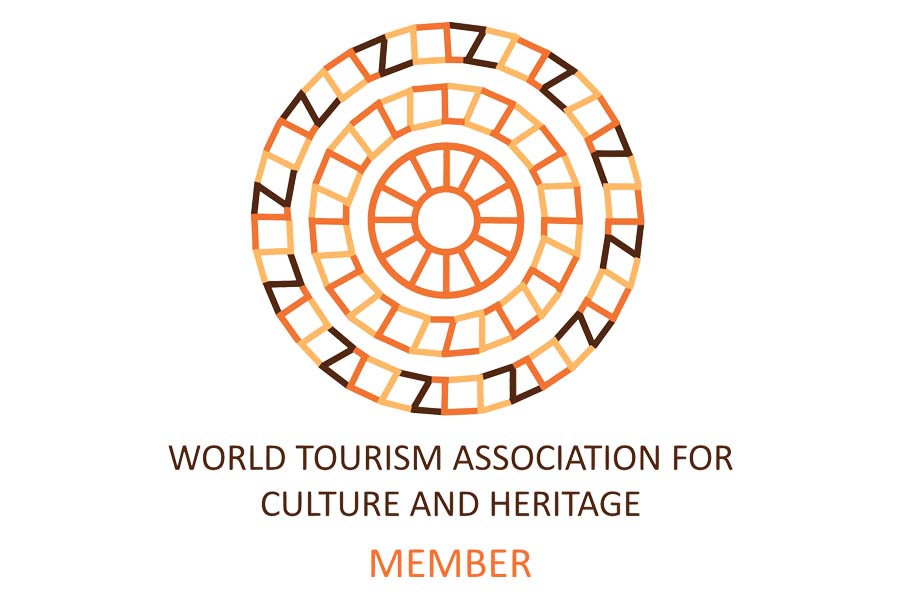






 by net effect
by net effect